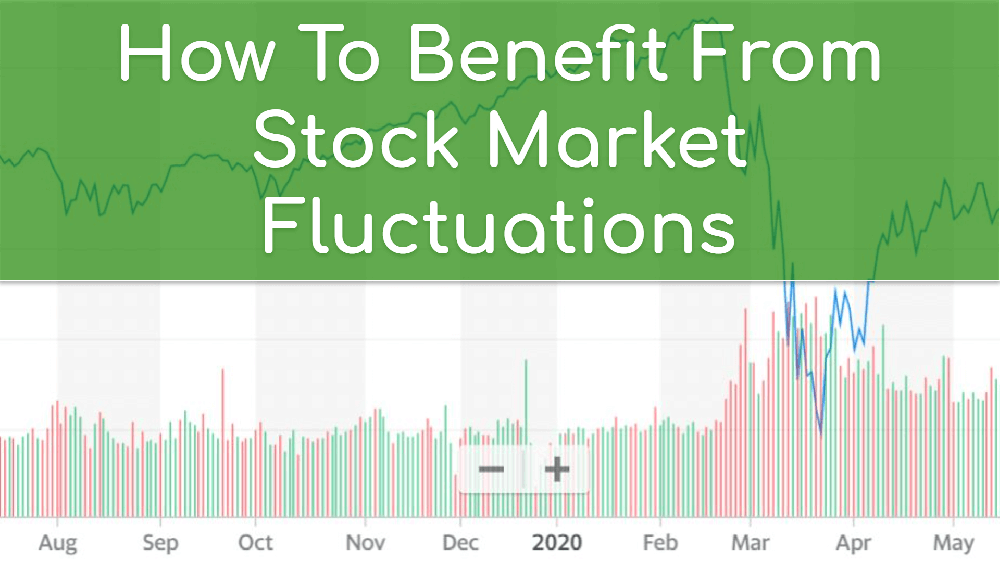Morning Bid: All eyes on Bank of Japan's 1% yield cap

People walk in front of the bank of Japan building in Tokyo, Japan, April 7, 2023. REUTERS/Androniki Christodoulou/ File photo Acquire Licensing Rights
Oct 31 (Reuters) - A look at the day ahead in Asian markets from Jamie McGeever, financial markets columnist.
Asia's economic calendar is jammed with top-tier releases on Tuesday, from Chinese purchasing managers index data to third quarter GDP figures from Hong Kong and Taiwan, but one stands above all others - the Bank of Japan's policy meeting.
Will the BOJ spook markets on Halloween and the final trading day of the month by effectively tightening monetary policy further with another tweak to its 'yield curve control' policy?
It is a huge week for global markets and policy - the BOJ's decision on Tuesday is the first of three major central bank pronouncements, with the U.S. Federal Reserve coming on Wednesday and the Bank of England on Thursday.
Speculation that the BOJ will act ramped up on Monday after Nikkei, citing sources close to the matter, reported that policymakers may further tweak YCC to allow the 10-year Japanese Government Bond yield to rise above 1%.
The yen rallied strongly for a second straight session, the 10-year yield rose again to a fresh decade-high nudging 0.89%, and the benchmark Nikkei 225 stock index gave back all of Friday's gains and slid 1%.
It is shaping up to be a year of two halves for Japanese stocks as the prospect of the BOJ abandoning its super-loose monetary policy becomes more likely. The Nikkei is down 3.6% this month, on track for its biggest monthly loss since December, and is down 8% so far in the second half of this year.
But it is still up 17% year-to-date thanks to a stunning 27% rally in the January-June period that saw it scale a 33-year high close to 34,000 points, as many investors bet that Japan Inc was back after years - decades - in the doldrums.
Negative interest rates, the BOJ accumulating 45% of all outstanding Japanese Government Bonds, and a 30% slide in the yen's value against the dollar since early 2021 made Japanese stocks extremely attractive.
By real effective exchange rate measures, the yen is its weakest in over 50 years, luring foreign buyers in to snap up assets on the relative cheap.
The question now is, how much of that is firmly in the rear-view mirror? And how far and how powerfully might the elastic snap back if a paradigm shift is underway and domestic borrowing costs keep on rising?
Inflation in Japan has finally taken off, and for the first time in decades, appears to be sticking well above 2%.
Also on Tuesday, China's PMI figures are expected to show that manufacturing activity grew slightly again in October, at the same pace as the previous month, according to a Reuters poll forecast.
After a deeply disappointing first half of the year, Chinese economic data have started to come in above expectations in recent months. Will this trend continue into the start of the fourth quarter?
Here are key developments that could provide more direction to markets on Tuesday:
- Bank of Japan policy decision
- China PMIs (October)
- Japan unemployment, industrial production, retail sales (September)
By Jamie McGeever;
Our Standards: The Thomson Reuters Trust Principles.
What is the principle of stock fluctuations?
The principle of stock fluctuations is the idea that the prices of stocks change due to the forces of supply and demand, as well as other factors that influence the expectations and behaviors of buyers and sellers.Supply and demand are the basic elements of any market, and they determine how much of
Simple and efficient stock trading strategies
I’m glad you’re interested in learning about simple and efficient stock trading strategies. There are many ways to trade stocks, but some of the most common and effective ones are:Price-signal trading: This strategy involves identifying a level at which the stock price has met support or resistanc
What is the most important factor in making big money from stock investment?
There is no definitive answer to what is the most important factor in making big money from stock investment, as different investors may have different opinions, preferences, and strategies. However, some common factors that many experts and successful investors agree on are:Patience: Stock investin
What is the fundamental logic of making money from stocks?
The fundamental logic of making money from stocks is to buy low and sell high. This means that you want to buy stocks when they are undervalued by the market, and sell them when they are overvalued by the market. The difference between the selling price and the buying price is your profit.There are








